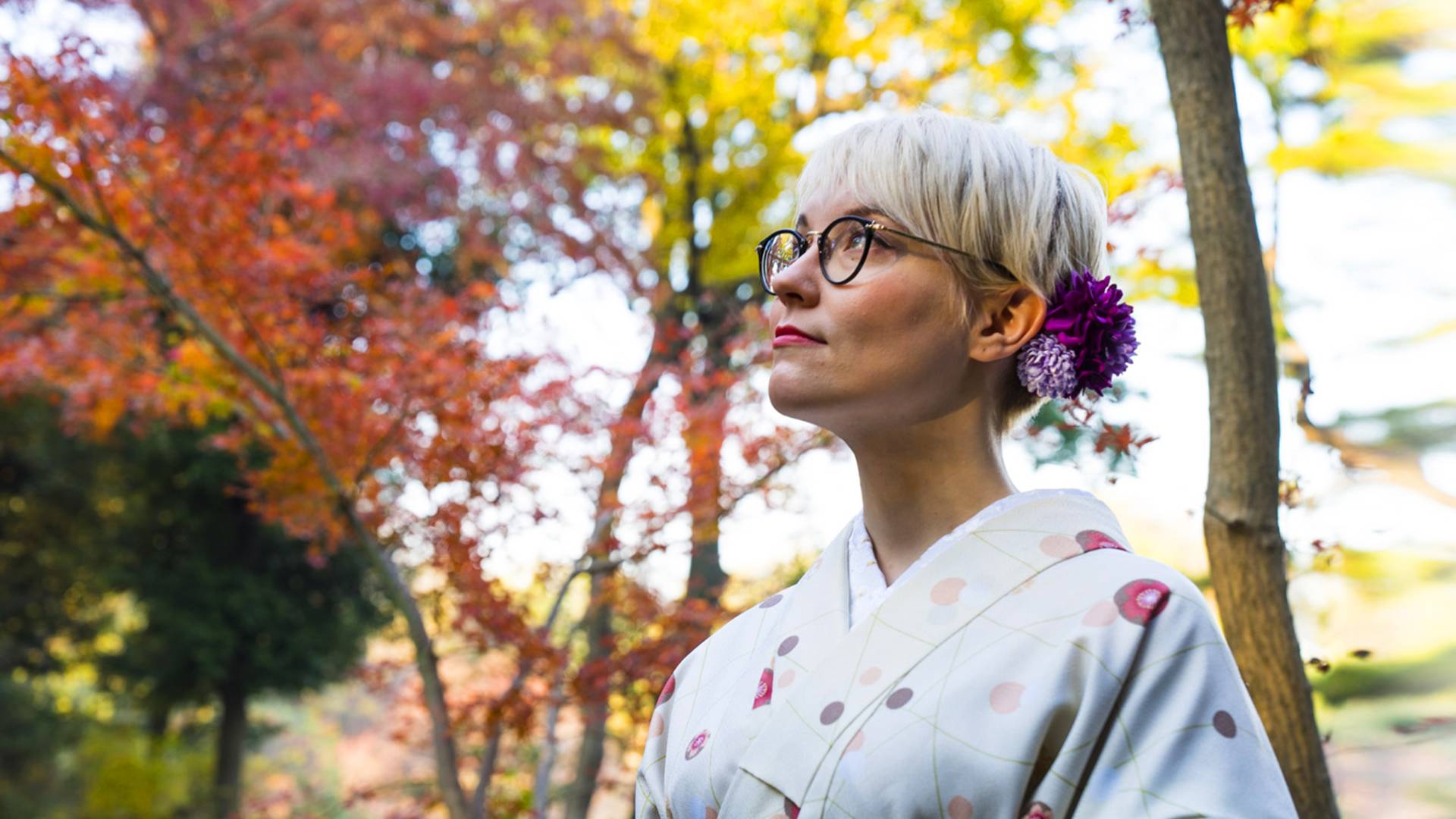
- Share this page
Share this page
- EN
Select Language
- FAVORITES
- Search
Detailed search: You can do a detailed search by keyword, genre, time, area and tag.
Main content starts here.
- Visit Tokyo |
- EXPERIENCES |
- Stories & Guides
Stories & Guides
Wondering where to go for your ramen fix, where to drink Tokyo's best craft beer or what to do in Tokyo during the cherry blossom season?
Whether you want to understand Tokyo's bathing culture or find out where to go for food, drink, art or city views, these guides and stories cover a whole range of topics. Find the answers to your burning questions here.







